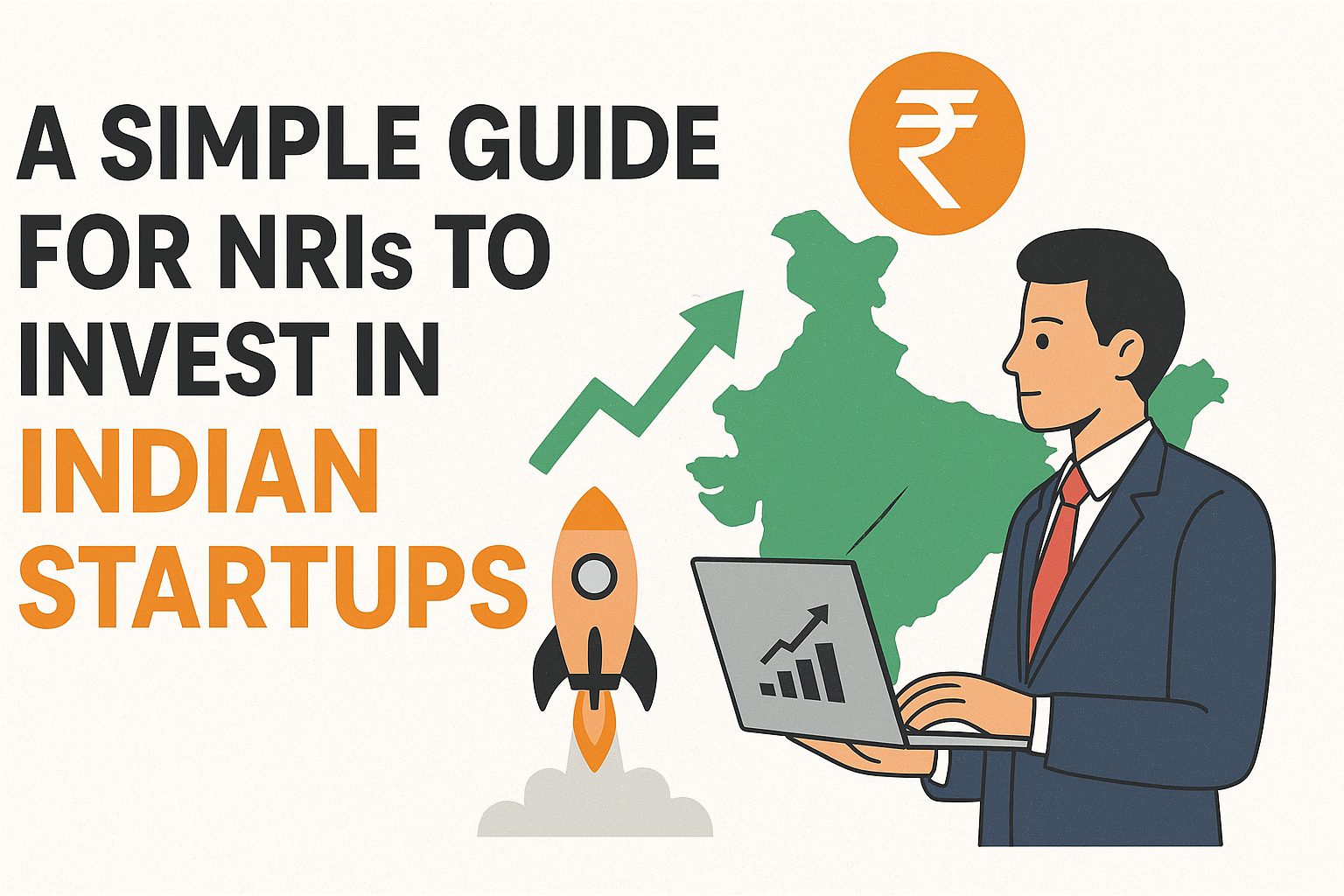
India’s startup journey continues to amaze. While 2021 saw 44 unicorns emerge, and has now climbed even higher—with over 122 unicorn startups by mid-2025. India has become a global hotspot for innovation and entrepreneurship. This surge has naturally caught the attention of investors around the world, especially Non-Resident Indians (NRIs) who want to participate in the country’s growth journey.
But here’s the catch: investing in Indian startups is exciting, yet the regulations can feel a little overwhelming at first. Don’t worry—we’ll break it down for you.
Can NRIs Invest in Indian Startups?
Yes, absolutely. NRIs and foreign nationals are allowed to invest in Indian companies under the Foreign Direct Investment (FDI) policy. For most sectors, you don’t even need prior approval—you can invest directly.
How Can You Fund Your Investment?
As an NRI, you can invest in Indian startups through:
- Your bank account abroad
- Your NRE (Non-Resident External), NRO (Non-Resident Ordinary), or FCNR (Foreign Currency Non-Resident) account in India
That means you don’t need to set up anything complicated—your existing channels work just fine.
What Can You Invest In?
Your investment will count as FDI if you put money into:
- Equity shares
- Fully and mandatorily convertible preference shares
- Fully and mandatorily convertible debentures
👉 In simple terms: you can buy ownership in the company (shares) or convertible instruments that eventually turn into shares.
The Pricing Rules (Made Simple)
The government wants to make sure foreign investors enter at a fair valuation. Here’s how pricing works:
- Listed startups: Price must follow SEBI’s stock market rules.
- Unlisted startups (most common): Price must be based on a fair valuation (usually done by a SEBI-registered professional using the DCF method).
- Early days: If you’re one of the first subscribers when a company is just being formed, you can come in at face value.
Convertible Notes – A Startup-Friendly Option
If you’re investing in a DPIIT-recognized startup, you also have the option of convertible notes. Think of these as short-term debt that later converts into equity.
Here are the basics you need to know:
- Minimum investment: ₹25 lakhs (~USD 30,000) per round
- Must convert or be repaid within 5 years
- Payments can be made via your NRE/FCNR(B) accounts or foreign bank account
- Companies need to report the investment to RBI within 30 days
For many early-stage startups, this is a preferred structure because it delays valuation discussions while still giving you a clear path to equity.
Sectoral Limits – Check Before You Invest
While most sectors are open to 100% foreign investment, some are restricted or require government approval (e.g., defense, telecom, insurance). And a few areas like lotteries, atomic energy, and tobacco are off-limits.
So always double-check the sector before finalizing your deal.
The Bottom Line
For NRIs, investing in Indian startups is not just possible—it’s easier than it looks. With the right structure (equity, convertible shares, or convertible notes) and proper compliance, you can be part of India’s next wave of unicorns.
The ecosystem is buzzing with opportunity, the regulatory framework is clear, and the timing couldn’t be better.




.png)




.png)

.png)

.png)
.png)
.png)